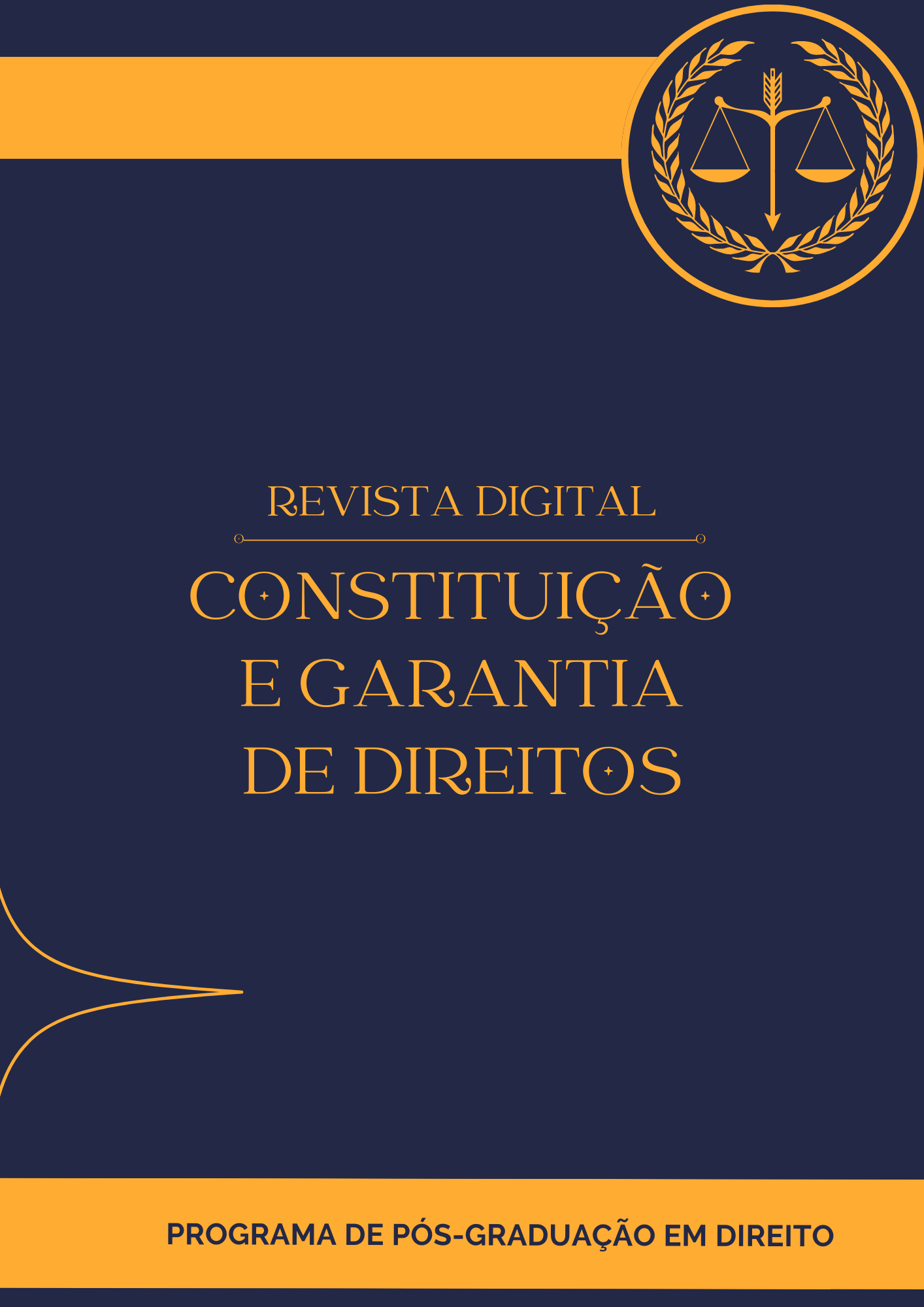DECENT WORK IN THE 2030 AGENDA FOR SUSTAINABLE DEVELOPMENT
DISSONANCES BETWEEN UN AND ILO PRESCRIBED OBJECTIVES AND MONITORING
DOI:
https://doi.org/10.21680/1982-310X.2022v15n1ID32790Abstract
This study focuses on a particular dimension of the relationship between the 2030 Agenda and Decent Work, which goes beyond mere enunciation and reaches the methodological space of monitoring the implementation of the Sustainable Development Goals (SDGs) by the UN. The research problem can be stated as follows: is the monitoring system of the 8th SDG by the UN consistent with the monitoring model for the promotion of Decent Work proposed by the ILO? To face this question, the deductive method was used, anchored in the bibliographic procedure of qualitative-comparative analysis of official UN documents dedicated to the monitoring of the 8th SDG and ILO documents dedicated to the construction of a model of indicators for measuring progress in the promotion of Decent work. It is concluded that there is a crucial gap between the indicators chosen by the 2030 Agenda to follow the 8th SDG and those preceded by the ILO for the same object, resulting in a limited role when relative to GDP and/or GDP per worker, without consideration in-depth and articulated assessments pertaining to other dimensions of the examined object. Such distancing reinforces the criticism that accuses the SDGs of adhering to a mentality primarily based on the market's pretensions and on the guidelines of a developmental idea that, allegedly, was intended to surpass precisely with the broader notion of Sustainable Development.
Downloads
Downloads
Published
How to Cite
Issue
Section
License
Copyright (c) 2023 Revista Digital Constituição e Garantia de Direitos

This work is licensed under a Creative Commons Attribution-NonCommercial-ShareAlike 4.0 International License.
Autores mantêm os direitos autorais pelo seu artigo. Entretanto, repassam direitos de primeira publicação à revista. Em contrapartida, a revista pode transferir os direitos autorais, permitindo uso do artigo para fins não- comerciais, incluindo direito de enviar o trabalho para outras bases de dados ou meios de publicação.





